
Nervous Learners – We Can Help
Nervous Learners
It’s completely normal to be a bit nervous or apprehensive about taking your first driving lesson. It’s something you’ve never done before, and that’s always a bit scary.
Some people will suffer from nerves more than others. Lockdown has increased anxiety in young people, it wasn’t good for anyone’s mental health, and being a teenager has never been easy. With the worry of schools closing and separation from the people that matter young learners have been suffering more than most. We understand that learning to drive is a big deal for most people, and some people are just a bit anxious.
What Can I Do?
So if you need to be able to drive to get your life back on track, but are feeling too worried to start what should you do? There are ways that you can help yourself to relieve the anxiety. If you don’t feel ready to find an instructor yet why not start small? Try just sitting in the drivers seat of a parked car and asking questions. If your parents or a friend has a car they will probably be happy for you to sit in the car and ask what everything does. If you can have an idea of where the gears are, and what they do and the peddles and various other controls you will start to find you can make sense of it. This will help you to find the confidence to look for a driving instructor.
Choosing the right driving school and driving instructor can really help. You need to be able to trust your instructor, and be able to talk to them as a friend as well as a teacher. All of our driving instructors have experience teaching people to drive. They are all kind, friendly and caring people that would like to help you to overcome your fears and achieve your goal. Remember our instructors are highly qualified and all of our cars have dual controls, so you will never be in any danger.
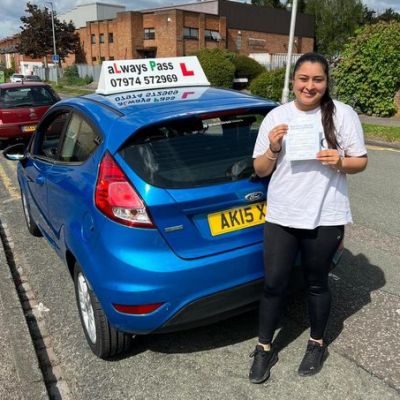

Talk
Before you even book your first lesson it might help to talk to a family member or friend that you trust. Make sure you choose someone that will listen and be sympathetic, not a joker that will make things worse! Think about the type of person that might be able to help you. Ask yourself if you’d rather have lessons from a man or woman, or whether manual or automatic lessons might be the best path for you to choose. When you have got the right instructor you can feel a bit more confident about taking your lessons. On your first lesson you can explain that you’re worried about learning to drive, and they will be able to talk to you about your fears. Talking will really help – they won’t judge you, they want to help you.
Breathe
When you start your lessons taking control of your breathing may help you to feel calmer. Take a few deep breaths and make sure you’re sitting up straight. Just sitting in a calm and confident way may help you to feel calmer and more in control.
Give Yourself a Break
Don’t be too hard on yourself. Everyone makes mistakes, it’s how we learn. You can’t expect to never stall the car or to get the manoeuvres right first time, because no-one does. If you blame yourself and hold on to these things in your mind it will make you feel more nervous. Allow yourself the time and space to make mistakes and learn from them.
Set small goals. Saying I want to pass the test might be too large a hurdle if you’re on your first lesson. Of course it’s your ultimate goal, but you can celebrate the little wins along the way. When you’ve managed to pull away without stalling, or have parked perfectly you should congratulate yourself for a job well done. A bit of positivity will help to dispel nerves and keep you moving towards the goal of passing.
We’ve helped hundreds of nervous learners to become confident drivers, if you don’t try you’ll never know what you can achieve.

Get in Touch
We’d love to help you to learn to drive. Why not ask about lessons today?
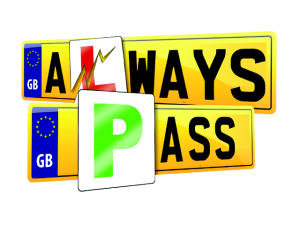



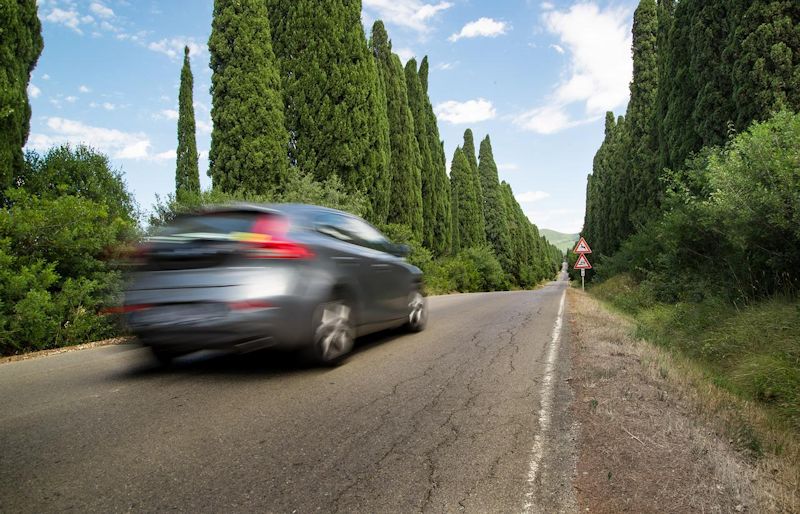
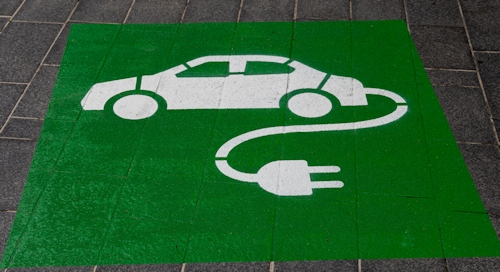

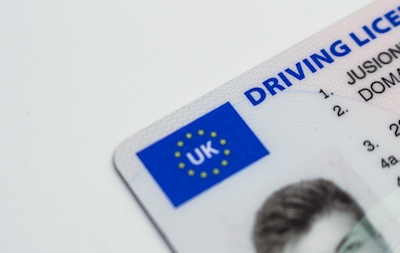
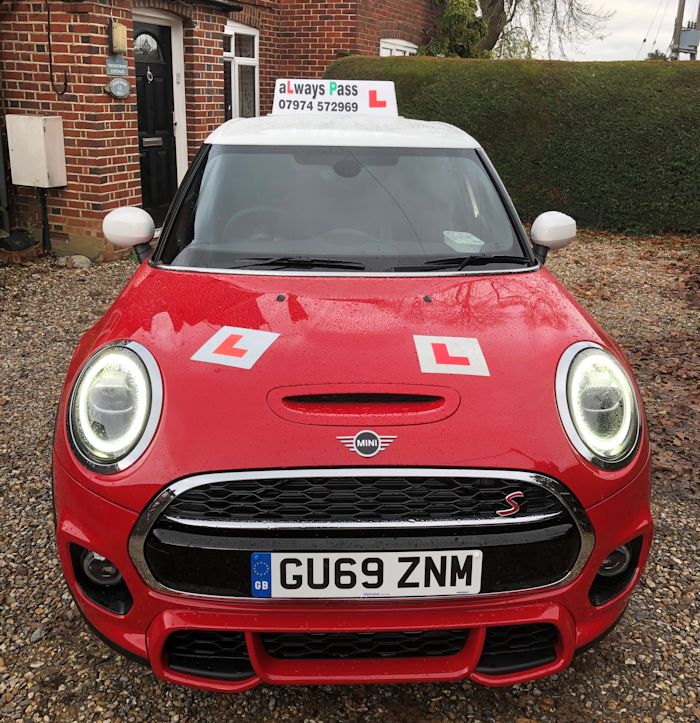
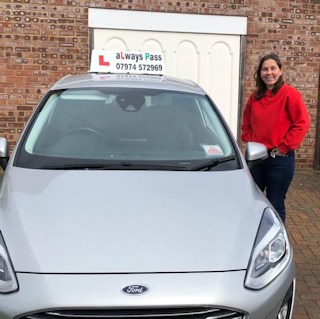
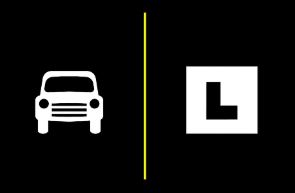


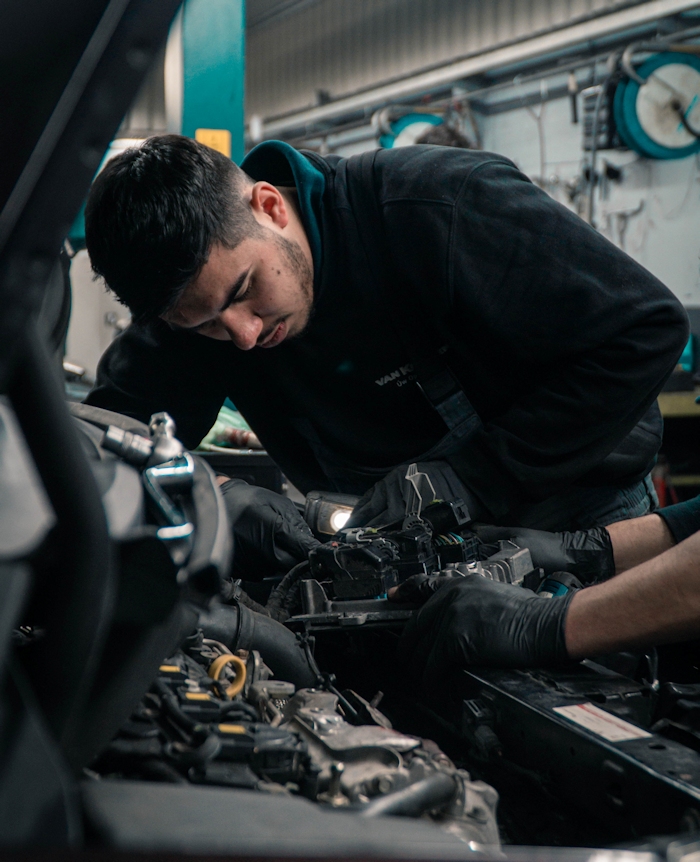
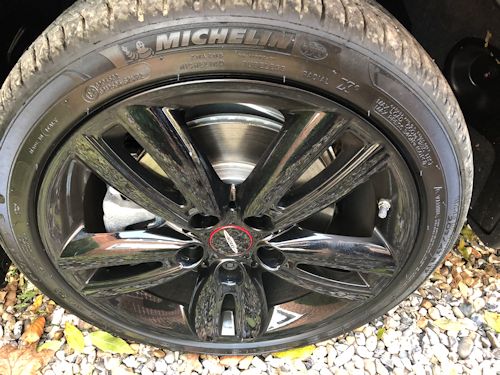
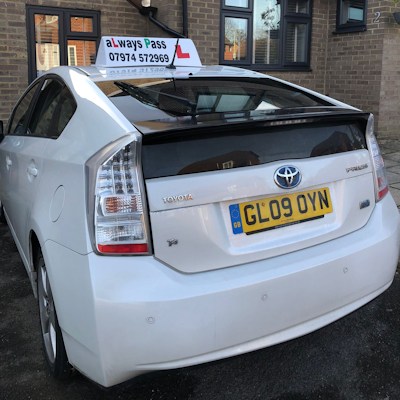
Recent Comments